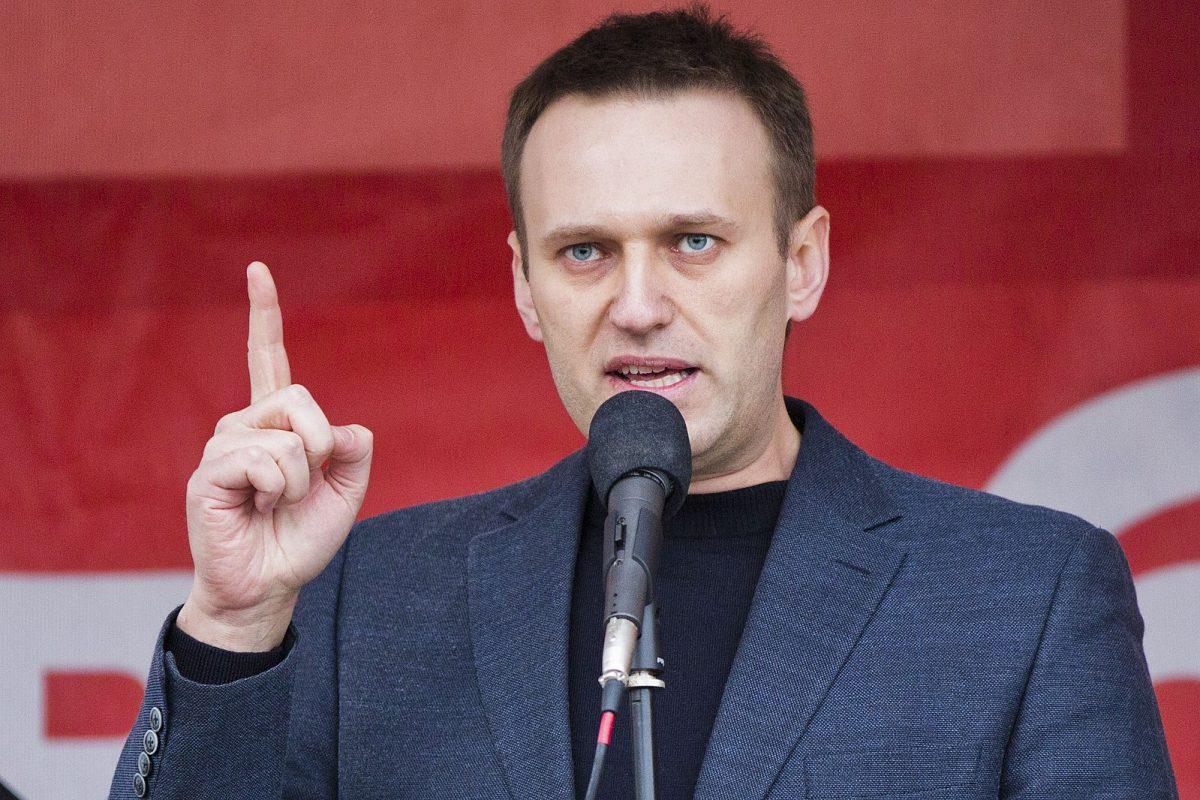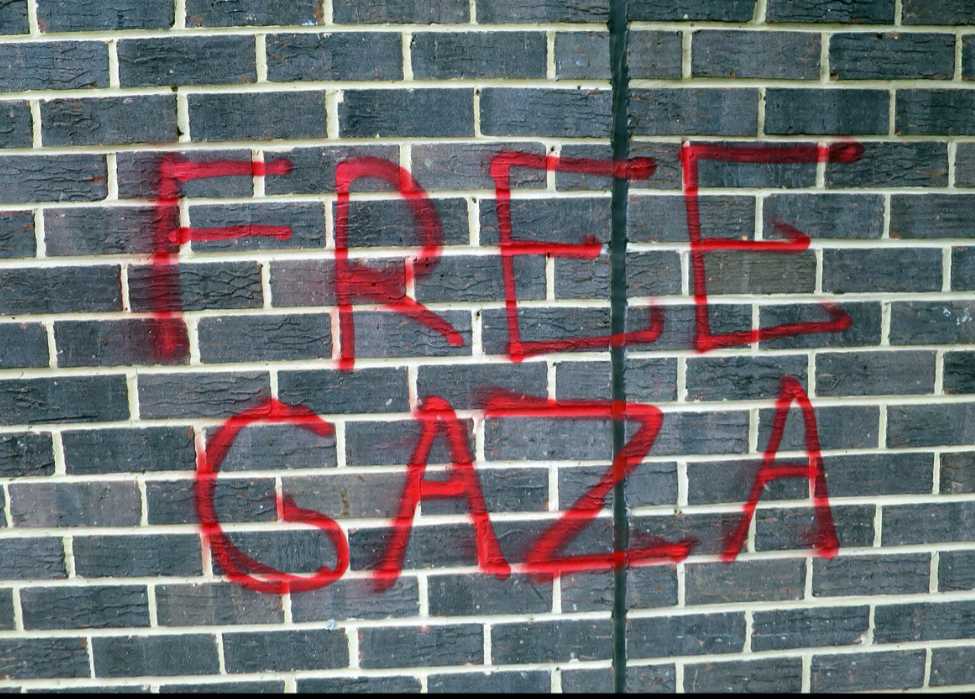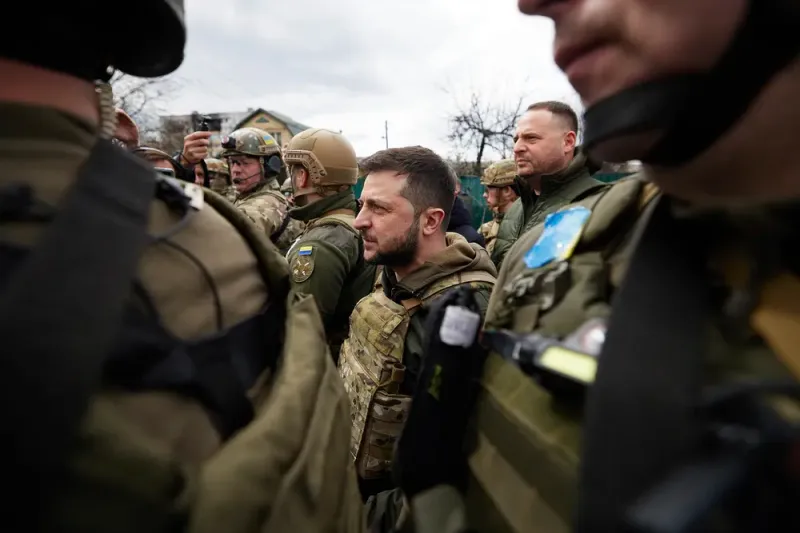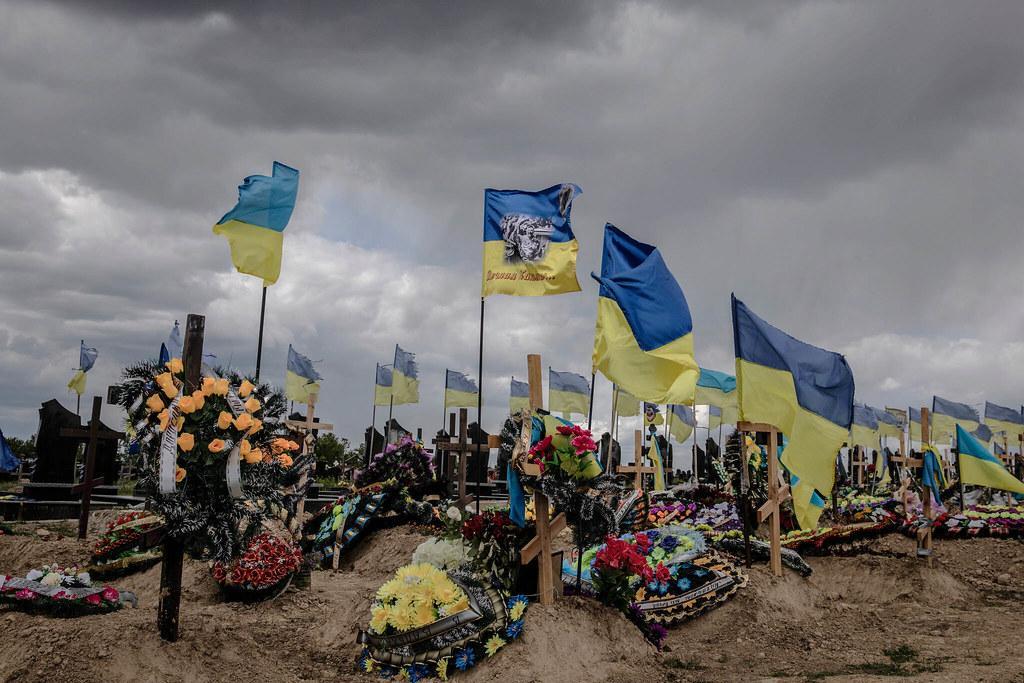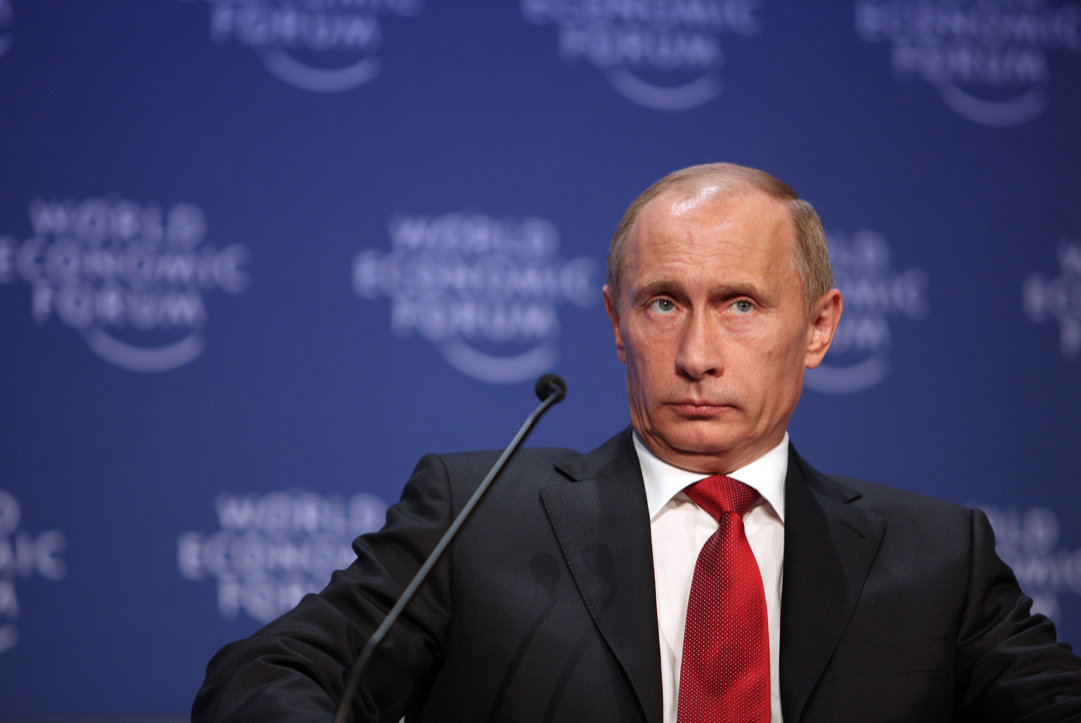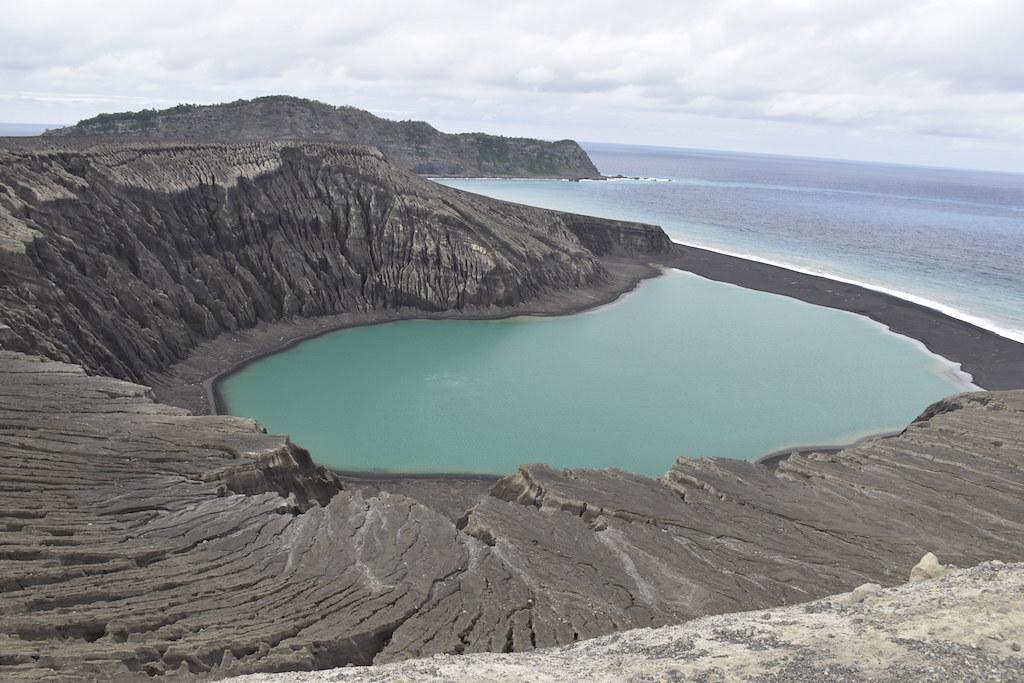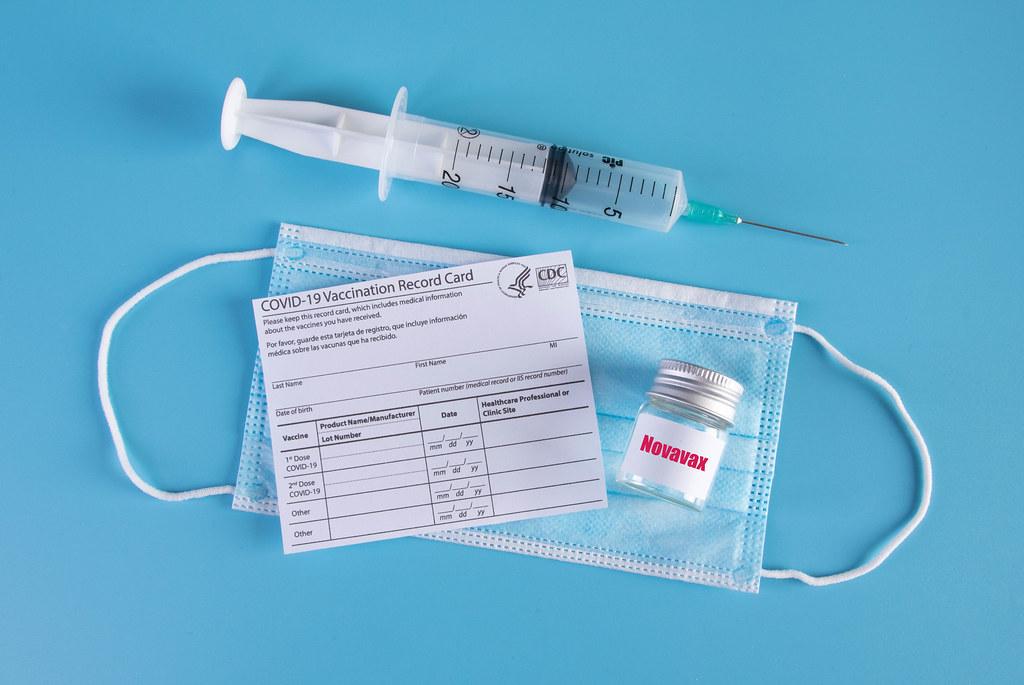Following declassified information showing that Russia’s FSB (Federal Security Service) poisoned top opposition leader and second most popular politician, Alexei Navalny, the Biden administration has announced sanctions against Russia.
The United States’ sanctions follow actions taken in October by European nations. The EU recently restricted travel to Russia and froze the assets of six Russians. The sanctions do not directly affect Putin or his oligarchs, however. Rather, they target seven high-ranking government officials and 14 entities involved in biological research, such as those used to produce Novichok (the nerve agent used to poison Navalny). What the sanctions effectively do is block access to assets in the United States owned by these officials, which many claim is largely a symbolic gesture against Russia rather than an effective deterrent. One of Navalny’s closest allies sent a letter to President Biden in January asking for sweeping action against Putin’s regime, and while Navalny’s supporters praised the sanctions, the measures taken fell short of their expectations.
This is not the first time Russia has attempted to stifle opposition. Following Putin’s election, Russia cracked down on the media, rigged elections with fake candidates, arrested or killed powerful oligarchs, imposed laws that favored Putin and his party, and used corruption as a means to appease powerful individuals. This made it virtually impossible for Navalny to speak out against the regime, but he managed to do so.
Navalny has reached millions of Russians via YouTube and other online platforms, calling for the removal of President Vladimir Putin from office. In August 2020, preceding local and regional elections in much of Russia, Navalny, despite not running for office, campaigned against the United Russia Party, to which Putin belongs. He was on a flight from Tomsk, Siberia to Moscow when he collapsed on the plane due to poisoning. It was found that he had been poisoned with Novichok, a nerve agent that has allegedly been used by Russia to attack military and political opposition in the past. Needless to say, Navalny survived this attempt on his life and started a sensational movement.
In 2006, Navalny, a lawyer, began a blog about corruption, which allowed him to get around restrictions on large media outlets. In 2010, he proved that government money was funneled into foreign bank accounts. From there, he continued to expose corruption, reporting on fraud and corruption by Russian officials. In 2011, Navalny helped organize massive anti-Putin protests after it was alleged that voter fraud allowed the United Russia Party to win a majority in Parliament. He spoke out to the media during these protests, which put him on the radar of the Russian government.
In 2013, Navalny made a big move by running to be mayor of Moscow, Russia’s capital and largest city. He built his campaign around alleged corruption and totalitarianism of leading officials. State media did not air information about his campaign, so he turned to rallies, online funding, and volunteers to spread the word. Then, Russian police arrested Navalny on charges of embezzlement, a charge allegedly used often by Russia to falsely imprison opposition. He was sentenced to five years in prison. His supporters protested, and he was released on bail, but he did not win the election, finishing in second place.
After failing to win the election, Navalny continued exposing corruption on his popular YouTube channel. He exposed the wealth of Putin’s ally, Dmitry Medvedev, sparking more protests. Between 2016 and 2018, Navalny tried to run against Putin himself. He was disqualified from running, however, based on his previous embezzlement charges.
Navalny found a new way to influence elections in 2020. He urged the public to vote for one of the puppet candidates set in place by Putin. In December 2020, he tricked the agent who poisoned him into admitting how he did it, exposing the government for their plot. He returned to Russia in January 2021 after recovering in Germany from the poison attack. When he arrived, he was immediately arrested and charged for violating the parole from his embezzlement case. While in custody, his team released a video attacking Putin, which caused his supporters to take to the streets in protest once again. Navalny was then sentenced to two years and eight months in prison. More than 5,000 people have been arrested in these recent protests. Navalny remains in prison today, but his movement survives through continued protests.
Other countries are taking notice as well. According to U.S. Secretary of State Antony Blinken, “We reiterate our call for the Russian government to immediately and unconditionally release Mr. Navalny.”
Navalny’s supporters remain hopeful that further sanctions will be implemented against the Kremlin.
According to Leonid Volkov, an aide to Navalny, “I’m not going to say that the first round was a false start. But clearly European decision-makers were being careful…The goal of this whole story is to create political pressure on Putin via his inner circle…Even if the oligarchs didn’t end up on this list but felt like they were on the line, that they’d narrowly escaped, that may be better. Because next time they may think they won’t escape.”
U.S. officials claim their main goal was to stand in solidarity with European nations against the use of chemical warfare, and through these new sanctions, they have done just that. Alexei Navalny will likely remain a figurehead of the anti-Putin movement sweeping Russia, and his supporters are still fighting for his release from prison. Until then, protests continue, and there is no foreseeable end in sight.





























